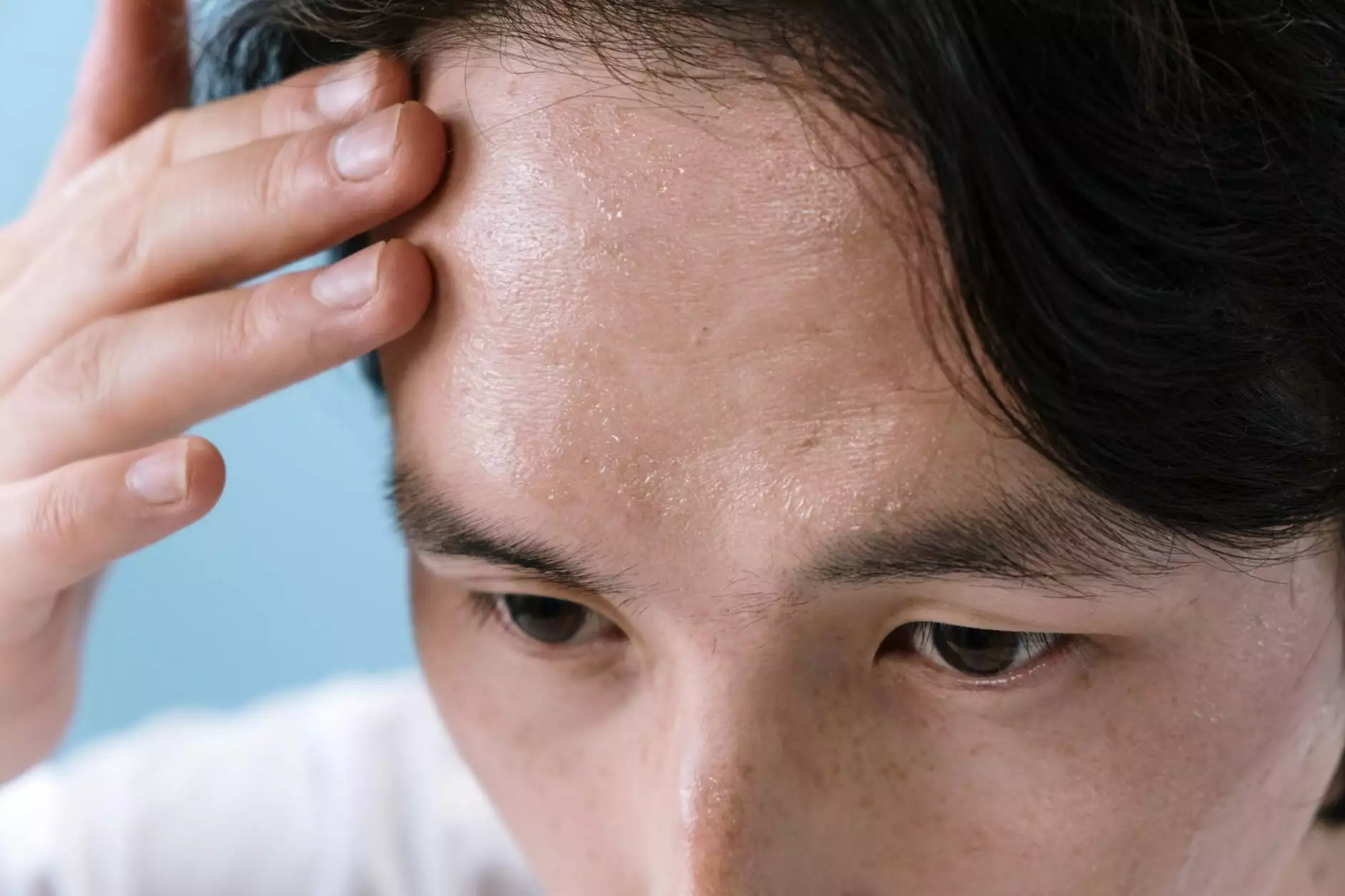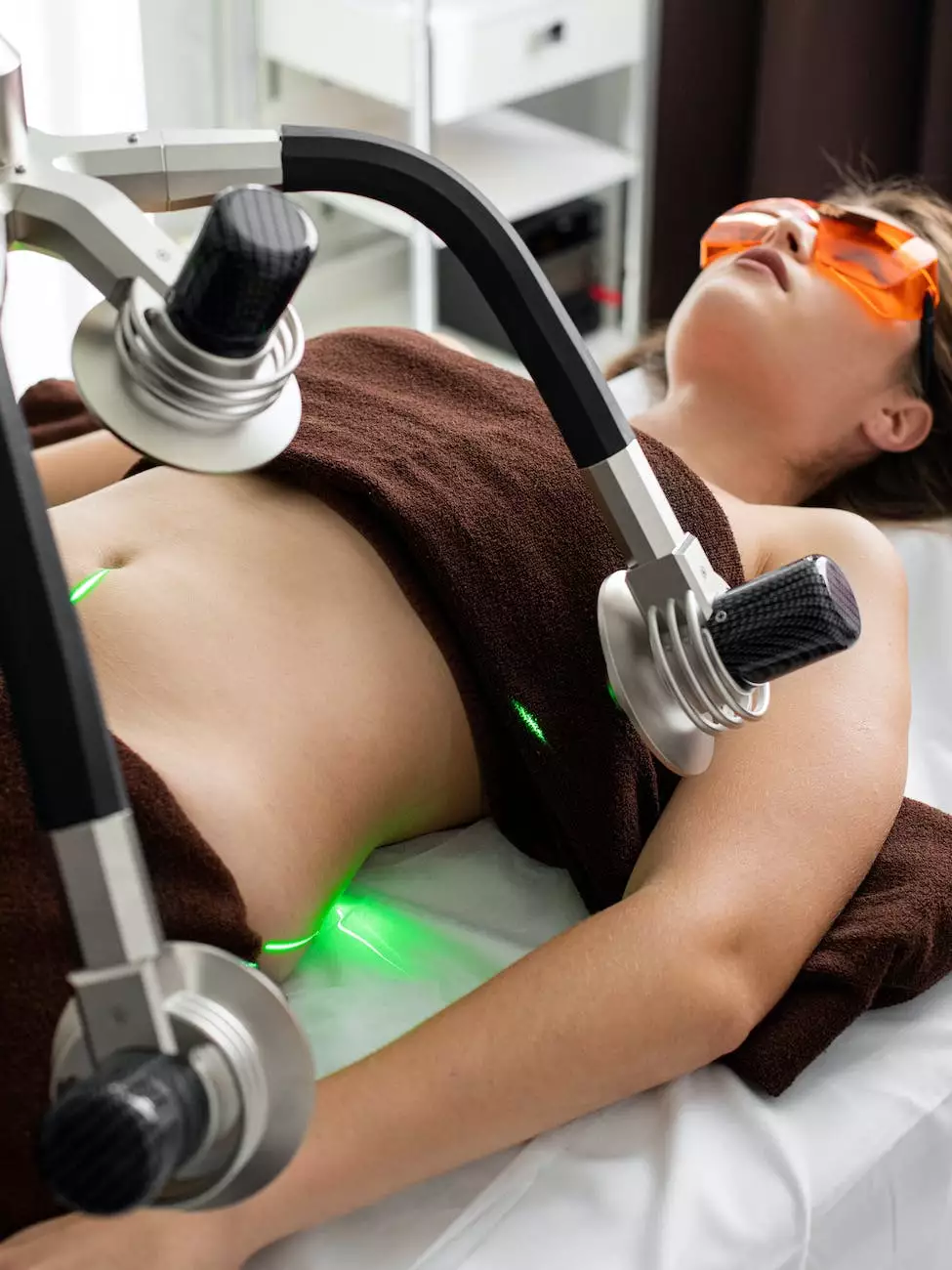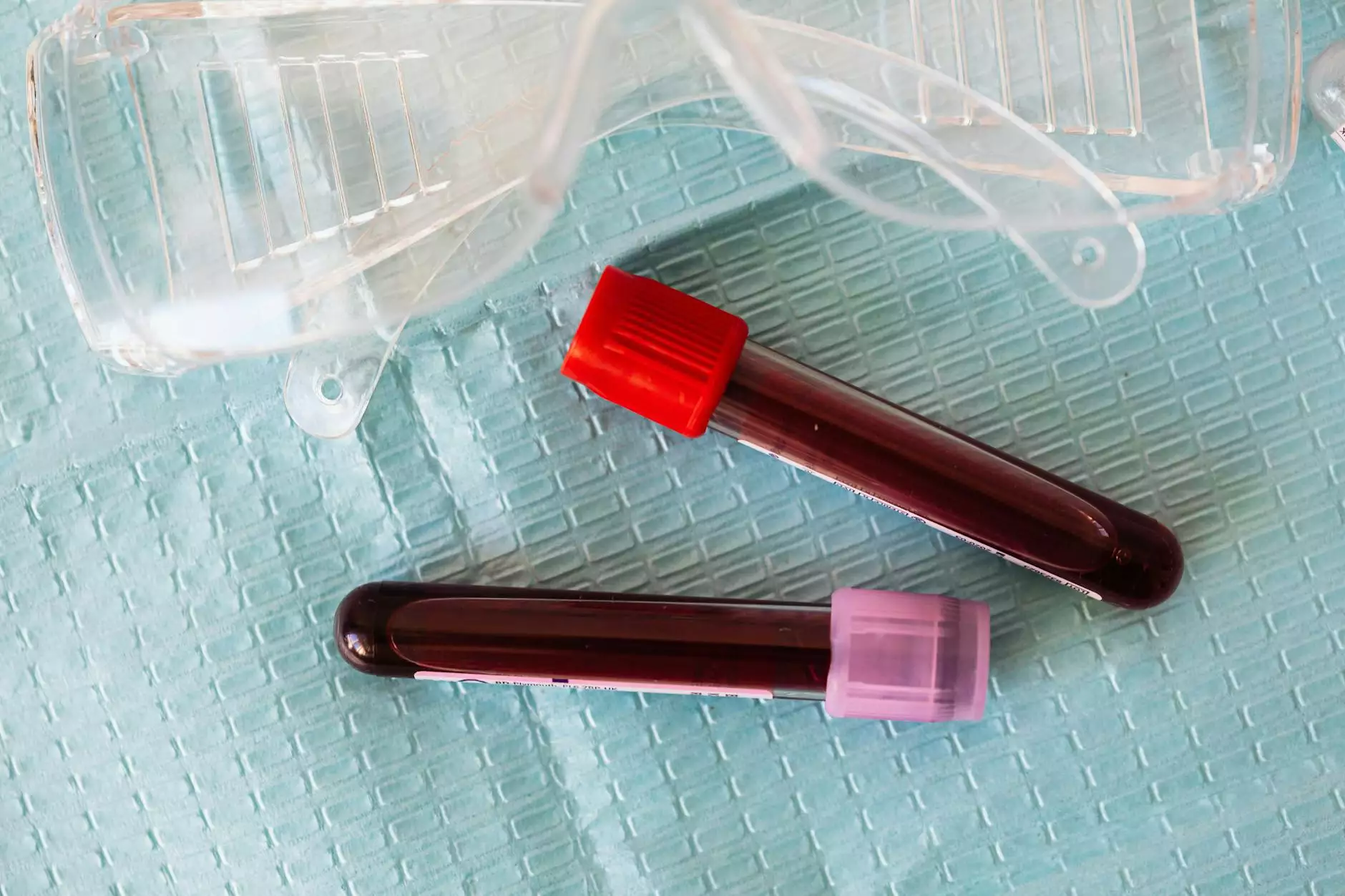Can Diet Improve Your Varicose Veins?

The Connection Between Diet and Varicose Veins
Varicose veins are a common condition that affects many individuals, causing discomfort and unease. While multiple factors contribute to the development of varicose veins, such as age, genetics, and lifestyle choices, the role of diet in this condition should not be overlooked.
The Impact of Diet on Blood Circulation
It is well-established that diet plays a crucial role in maintaining overall health and well-being. From regulating weight to managing chronic conditions, the food we consume has a powerful effect on our bodies. Similarly, a healthy diet can positively impact blood circulation, potentially improving the symptoms associated with varicose veins.
1. Incorporate Antioxidant-Rich Foods
Antioxidants help protect our cells from damage caused by free radicals, unstable molecules that contribute to inflammation and damage blood vessel walls. Including antioxidant-rich foods in your diet can potentially improve the health of your veins. Stock up on colorful fruits and vegetables such as berries, citrus fruits, spinach, and kale to boost your antioxidant intake.
2. Increase Your Fiber Intake
A fiber-rich diet helps promote healthy digestion and can prevent constipation, a common aggravating factor for varicose veins. Including whole grains, legumes, fruits, and vegetables in your daily meals can provide the necessary fiber for optimal gut health and regular bowel movements.
3. Opt for Foods with Bioflavonoids
Bioflavonoids, found abundantly in citrus fruits, onions, garlic, and dark chocolate, have been suggested to improve venous health. These natural compounds contribute to strengthening blood vessel walls and reducing inflammation, which are key factors in managing varicose veins.
4. Embrace Omega-3 Fatty Acids
Omega-3 fatty acids, commonly found in fatty fish like salmon and mackerel, have anti-inflammatory properties that can potentially help reduce inflammation associated with varicose veins. Including these healthy fats in your diet can be beneficial for overall cardiovascular health.
5. Reduce Salt and Processed Food Consumption
A high sodium diet can lead to fluid retention, causing swelling and increased pressure on veins. Limiting your intake of salt and processed foods can help manage these symptoms. Opt for fresh, whole foods whenever possible and season your meals with herbs and spices instead of excessive salt.
Other Lifestyle Factors to Consider
While diet plays a significant role in managing varicose veins, it is essential to address other lifestyle factors that can impact this condition:
- Maintain a healthy weight to reduce unnecessary pressure on your legs and veins.
- Engage in regular physical activity to promote blood circulation. Activities like walking, swimming, and cycling can all be beneficial.
- Avoid prolonged periods of sitting or standing. If your job involves extended hours of sitting or standing, take frequent breaks to stretch and walk around.
- Wear compression stockings to support your veins and improve blood flow.
- Stay hydrated and drink plenty of water throughout the day to maintain overall health and assist in digestion.
Consultation with a Medical Professional
While improving your diet and implementing healthy lifestyle choices can have potential benefits for managing varicose veins, it is crucial to consult with a medical professional for an accurate diagnosis and personalized treatment plan. At Bay Regional Medical Center, our experienced healthcare team specializes in vascular conditions and can provide expert guidance tailored to your specific needs.
In conclusion, diet can indeed play a role in improving the symptoms and managing varicose veins. By integrating antioxidant-rich foods, increasing fiber intake, consuming bioflavonoids and omega-3 fatty acids, as well as reducing salt and processed foods, you can potentially support your vein health. Remember to combine these dietary changes with other lifestyle modifications and seek professional advice for a comprehensive approach to managing varicose veins.










